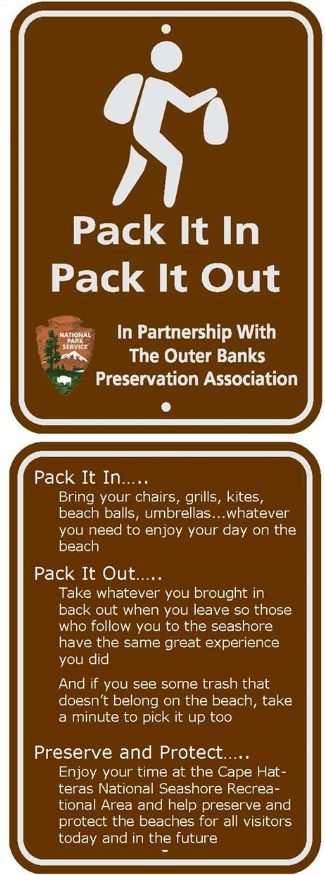June 18, 2013 - 4:17 PM
Senators Burr, Hagan Applaud Committee Passage of Cape Hatteras Off-Road Vehicle Bill
Today, U.S. Senators Richard Burr (R-N.C.) and Kay Hagan (D-N.C.) applauded the passage of S. 486, the Preserving Public Access to Cape Hatteras Beaches Act by the Senate Committee on Energy and Natural Resources.“Today’s compromise was a critical step forward in the effort to regain access to one of North Carolina’s most scenic treasures,” said Senator Burr. “Our work finally gives a voice to the people of North Carolina and all those who come to see its coast while still balancing the needs of the area’s wildlife and addressing any potential environmental concerns. I appreciate the support of Chairman Wyden and the input from the people of Dare County in achieving this balance, and I am confident we have reached an agreement that can pass the full Senate and become law.”
"This compromise represents a responsible step toward restoring balance between beach access and important environmental protections,” said Senator Hagan. “Cape Hatteras National Seashore is critical to Dare County's economy, and I will continue to work with Senator Burr and members on both sides of the aisle to expedite passage of this bill into law."
“This is a giant step in the right direction for a practical solution that balances reasonable recreational access with resource protection,” said Warren Judge, Chairman of the Dare County Commissioners. “The residents and visitors of Dare County have worked long and hard with their elected officials to champion this cause. We are grateful for the bipartisan leadership of Senator Burr and Senator Hagan for never giving up on something they knew to be right for the people who depend upon access to the Cape Hatteras National Seashore Recreational Area.”
If enacted, this bill would set rules and parameters for the National Park Service to abide by when considering limiting access to beaches. These parameters direct the NPS to minimize buffers on protected areas and keep them in place for the shortest possible duration necessary, designate pedestrian and vehicle corridors around areas that are closed, coordinate with the State of North Carolina when establishing certain buffers, and allow for a public process when considering limiting access in special situations. The bill also directs the NPS to construct vehicle access points and roads as expeditiously as possible and report its progress to Congress within one year of the act becoming law.

